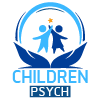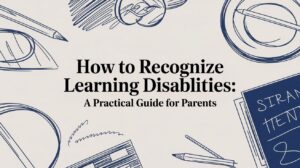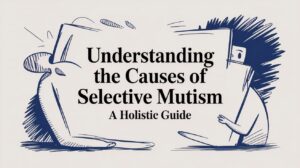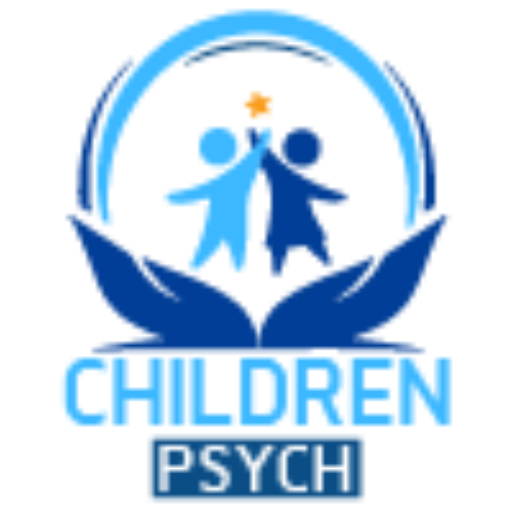Although children may seem happy and well-adjusted, most people don’t realize that childhood depression is a serious issue. Unfortunately, many children who are depressed go undiagnosed and untreated because adults don’t recognize that the children are depressed. It’s important for parents, teachers, and other adults to learn about depression in children in order to intervene in a helpful manner. When you understand the symptoms of depression, you can determine whether your child might be depressed and then step in with the appropriate treatment plan.
What Parents Need to Know About Childhood Depression
Parents, guardians, and teachers are the first line of defense when it comes to helping children with depression. Educating yourself about the causes of depression, recognizing the symptoms, and knowing how to respond is critical.
What are the warning signs of depression in children?
Typically, children will show certain symptoms when they are depressed. For example, kids may display one or more of the following behaviors:
The symptoms of childhood depression can vary from those of adult depression. For example, many children suffer from a variety of problems, including anorexia, sleep problems, headaches, or irritability.
What causes childhood depression?
Children are susceptible to the same causes of depression as adults, including genetics, stressful life events, and life transitions. However, some of the causes of childhood depression may be difficult for adults to understand. For example, researchers have found that the way kids are parented can influence the likelihood of their developing depression. Other factors that can contribute to depression include:
Childhood depression can be caused by a combination of factors. For example, genetics may put a child at risk for depression, while a stressful life event or environment may trigger it.
How is childhood depression treated?
Depression in children is typically treated with therapy (cognitive-behavioral therapy or interpersonal therapy), medication, and lifestyle changes. In most cases, a child will recover from depression with a combination of these treatments. However, it’s important for parents to realize that for many children, depression doesn’t completely resolve with treatment. For these kids, treatment may need to be continued into adulthood.
What can parents do?
Parents should be aware of the symptoms of childhood depression and what they might mean in order to protect their children. Educate yourself by asking questions and getting help from a mental health professional if you suspect that your child is depressed.
Why Seeking Help from a Psychiatrist Is Crucial
Early detection and treatment of childhood depression are imperative, especially when the depression is left untreated. That’s why it’s important to seek out a child and adolescent psychiatrist. Parents and guardians can contact a child and adolescent psychiatrist in order to get help for their child. However, it’s important to keep in mind that unless a doctor has been treating your child for some time, the doctor won’t be familiar with your child’s case or know his or her history. It’s important to fill in the doctor on your child’s background, including any behavior problems, symptoms, or previous diagnoses. That way, the psychiatrist can work with you to develop the most effective treatment plan for your child.
Should you need a pediatric psychiatrist, come to Children Psych. Children Psych holds a responsive, considerate staff and incredible leadership, allowing patients to get the personalized care they need. The practice hosts children and adolescents from all walks of life.




